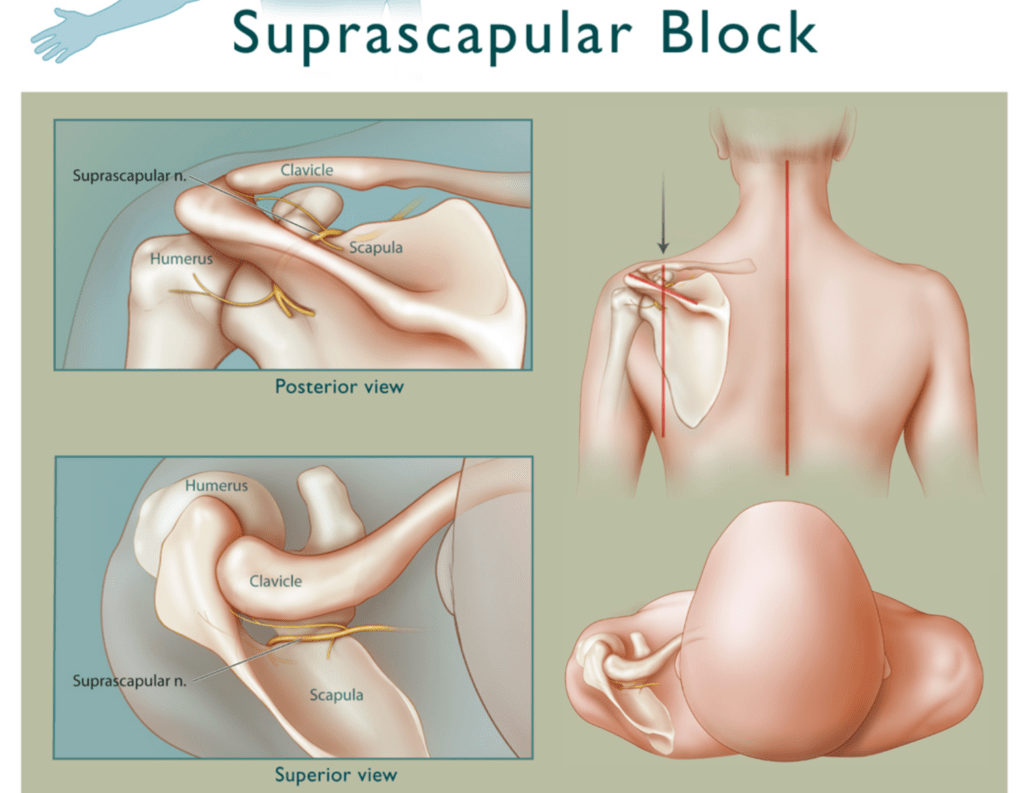Shoulder Pain Management Specialist in Tampa, FL
There is a multitude of causes for shoulder pain. Patients who typically come to us have already seen an orthopedic surgeon and have exhausted all available options. Patients have had rotator cuff repair, shoulder arthroscopy, frozen shoulder, or total shoulder replacement, continue to have pain despite surgery, or are deemed not to be candidates for surgery.

Ultrasound Guided Shoulder Injection
By Arun Kalava MD EDRA
Kalava A, Arslan OE, McClain RL. Supraspinatus plane block: A novel approach to suprascapular nerve block for rotator cuff repair. J Clin Anesth. 2019 Mar 6;57:20-21

Ketamine is an anesthetic medication. It is a schedule 3 dissociative anesthetic, which has shown promising antidepressant effects that are both rapid and robust. It has been safely used for years as the ideal anesthetic in hospital and medical settings. When used under medical supervision, studies have shown ketamine infusions to have significant effects in healing treatment-resistant depression. It is on the World Health Organization’s List of Essential Medicines because of its safety and efficacy for anesthesia.
More recently, ketamine has been discovered as a safe and effective treatment for depression, and randomized controlled trials have shown rapid improvement in mood as well as reduction in suicidality compared to people who receive a placebo or another drug. Ketamine has the ability to go to work right away, unlike most antidepressants, which take weeks, sometimes months, to provide relief.
Ketamine infusion therapy is an IV procedure performed in-office by Dr. Kalava. Dr. Kalava & his associates will monitor your response and level of consciousness throughout the infusion.
Please contact our office to discuss Ketamine Infusion Therapy, and see if it is right for you.
The most important factors when choosing a ketamine provider are the doctor’s experience and commitment to providing safe, compassionate care. Dr. Kalava is the nation’s leading practitioner of ketamine infusion therapy and is a recognized expert in the field of anesthesiology.
[Scientific articles on Ketamine published by Dr. Kalava: Article 1 & Article 2 ]
Every patient is unique and deserves special care. Whether determining dose, infusion duration, the number of initial infusions, or the interval between return visits, we make individual assessments and structure ketamine treatments to match each patient’s response and unique needs.
Low dose ketamine is administered by Dr. Kalava, who is a Double Board Certified, Mayo Clinic fellowship trained Anesthesiologist. Ketamine, as we know, is an anesthetic and is best administered under the constant vigilance of a qualified anesthesiologist.
Depending on the medical condition being treated, IV ketamine can be administered over 1 minute, 40 minutes, one hour, or 4 hours. The actual type of treatment will be discussed with you during your initial consultation. The number of infusions and duration of ketamine therapy varies and is individualized. An average of 6-8 treatments are required for a good clinical response.
Mild psychotomimetic (confusion, hallucinations) effects, increase in heart rate, blood pressure, mild headache, and nausea are possible in some patients and are usually well tolerated.